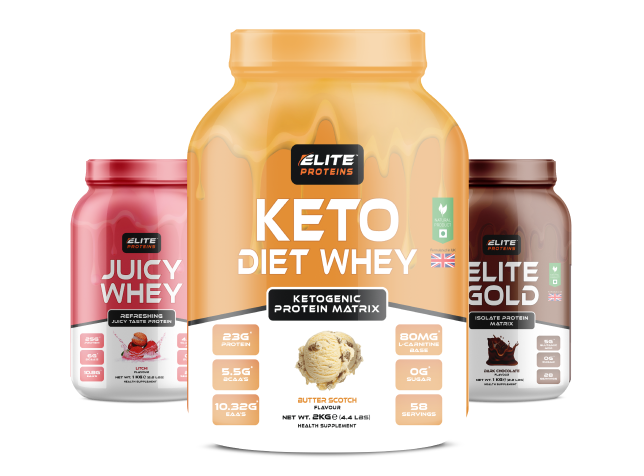The Ultimate Guide to Fitness, Health & Diet

The Ultimate Guide to Fitness, Health & Diet: Build Habits That Actually Stick
In today’s fast-paced world, achieving a balance between fitness, health, and diet isn’t just a goal—it’s a necessity. Yet, with so much conflicting information online, it’s easy to feel overwhelmed. This guide cuts through the noise and helps you build sustainable habits for a healthier, stronger, and more energized version of yourself.
Why Fitness, Health & Diet Work Best Together
We often compartmentalize these concepts—“I’ll just exercise” or “I’ll just eat better.” But the truth is, optimal wellness comes when fitness, health, and diet align. Think of them as three pillars of a foundation. Remove one, and the structure wobbles.
1. Fitness: Move with Purpose
You don’t need a six-pack to be fit. Fitness is about functional strength, endurance, and flexibility that helps you move better, feel better, and reduce the risk of injury.
Start With These Basics:
3–5 workouts per week: Combine strength training and cardio.
Progressive overload: Gradually increase weight, reps, or intensity to keep improving.
Rest days: Your body grows and repairs when you rest—not during training.
2. Diet: Eat for Energy, Not Just Aesthetics
Let’s clear this up: Diet isn’t about starvation. It’s about fueling your body to function, recover, and perform.
Simple Diet Principles That Work:
Prioritize protein (chicken, fish, tofu, whey)
Include healthy fats (olive oil, nuts, seeds)
Don’t fear carbs (oats, rice, sweet potatoes—they fuel workouts)
Drink more water – At least 2.5–3L per day
Stick to whole foods 80% of the time
For supplements like whey protein or L-carnitine, check certified sources only.
Explore Elite Proteins for clean nutrition
3. Health: Beyond Abs and Aesthetics
Being healthy goes beyond looking good. True health means balanced hormones, strong immunity, mental clarity, and low inflammation.
Focus on Holistic Wellness:
Sleep 7–9 hours: It’s your body’s natural recovery system
Manage stress: High cortisol leads to weight gain and fatigue
Walk daily: A 30-minute walk improves heart and mental health
Get regular checkups: Monitor vitamin D, B12, and iron levels
4. Supplements: Do You Really Need Them?
The short answer: Only if your diet can’t fill the gaps.
Useful Supplements:
Whey Protein – For muscle recovery
Multivitamins – For general health support
Creatine – For strength and performance
L-Carnitine – For fat metabolism (if cutting)
5. Habits Over Hacks: The Real Game Changer
We all want shortcuts, but sustainable fitness and health come from habits. The goal isn’t to be perfect—it’s to be consistent.
Build Lasting Habits By:
Scheduling your workouts like meetings
Prepping meals once or twice a week
Tracking your progress (photos > scale)
Celebrating small wins (you showed up? That counts!)
James Clear’s Atomic Habits is a great resource to understand habit-building psychology.
6. Stay Accountable: Your Environment Matters
Your surroundings can make or break your fitness journey. If you’re surrounded by junk food, late-night binge habits, or demotivated peers, your health goals may suffer.
Try This:
Join a fitness community or local gym
Share your goals with a friend or coach
Use a habit tracker app to stay on course
Prepare your meals in advance to avoid unhealthy choices
How to Eat Healthy: A Beginner’s Guide – Healthline
https://www.healthline.com/nutrition/how-to-eat-healthy
(Supports diet and nutrition sections)
Remember, consistency is easier when your environment supports your goals. Transform your space to reflect the healthy, active lifestyle you’re working toward—one small step at a time.
Final Thoughts
Health isn’t a 30-day challenge. It’s a lifestyle. The more you align your movement, nutrition, and recovery, the better your results—and quality of life—will be.
Start small. Stay consistent. The rest will follow.

